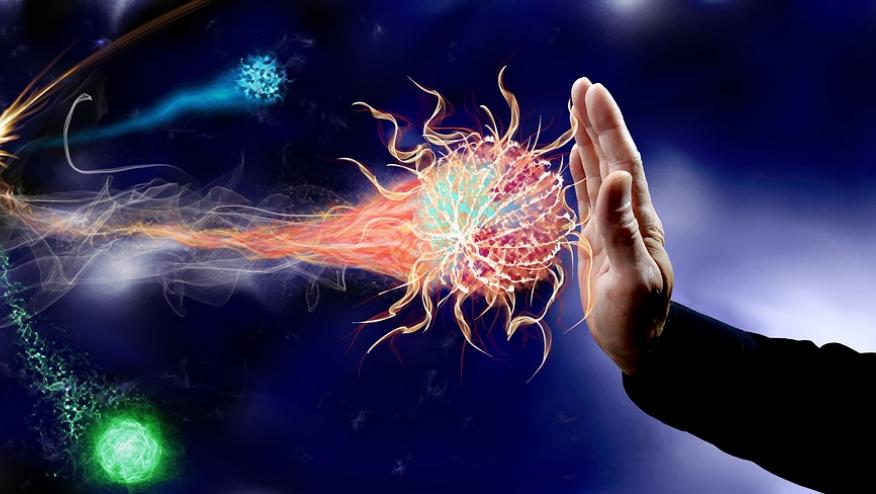The Immunodeficiency and Autoimmunity Relationship Save

The world of PID (Primary immunodeficiency diseases) has changed remarkably over the past 5 years.
No longer is PID synonymous with increased incidence and severity of infections. The new faces of PID include a growing emphasis on diseases of immune regulation (including the interferonopathies, which are associated with SLE-like illnesses or even CNS vasculitis) and autoinflammatory diseases (FMF, TRAPS, PAPA etc. - see new classification by Bousfiha A, et al. The 2015 Phenotypic Classification of PID Journal of Clinical Immunology). Thus, it is of interest that a large study attempted to screen SLE patients for ‘hematologic’ evidence of immunodeficiency.
In this study, a group from Brazil reported the frequency of various immunodeficiency states in patients with systemic lupus erythematous. Their cross-sectional study examined 300 adult lupus patients and 301 controls without autoimmune disease for immunological parameters. Patients were excluded if they had any infection in the 30 days preceding enrollment, use of immunobiological medication within the past year, or malignancy.
Immunological studies included C4A and C4B gene copy number, immunoglobulin isotypes, IgG subclasses, CH50, C2, C3 and neutrophil oxidative burst. If patients had evidence of immunodeficiency in the setting of active lupus, testing was repeated after resolution of flare to confirm persistent immunologic abnormalities.
Results revealed a significantly higher number of lupus patients with an immunodeficiency state (28.7%) compared to the control group (3.3%; P 0.001). The most common abnormalities were low IgM, IgA and IgG subclass deficiencies. Complement deficiencies were uncommon and there were no cases of CVID, hyper-IgM or –IgE syndromes.
Several subgroup analysis were performed. Patients with IgM deficiency were older, had longer disease duration and were older at disease onset compared to lupus patients without low IgM. All patients were receiving or had received immunosuppressant therapy at the time of study enrollment. In patients both with and without immunodeficiency-like states, immunosuppression and duration of therapy were not associated with deficiencies in IgM or IgG subclasses. There was no association between immunosuppression, clinical manifestations or occurrence of infections in patients with immunodeficiency-like states compared to those without.
So what does this mean for the rheumatologist? First, it expands our knowledge of the association of immunodeficiency and SLE, but in a limited way. Screening for hematologic abnormalities is really just the tip of the iceberg. It is not clear at the moment whether these are truly primary or secondary to other factors such as treatment. It would be of interest to see what the genetic signatures of these patients are.
Most importantly, it reminds us that we need to stay tuned to this growing field, namely the intersection of immunodeficiency and autoimmune and/or autoinflammatory diseases.










If you are a health practitioner, you may Login/Register to comment.
Due to the nature of these comment forums, only health practitioners are allowed to comment at this time.